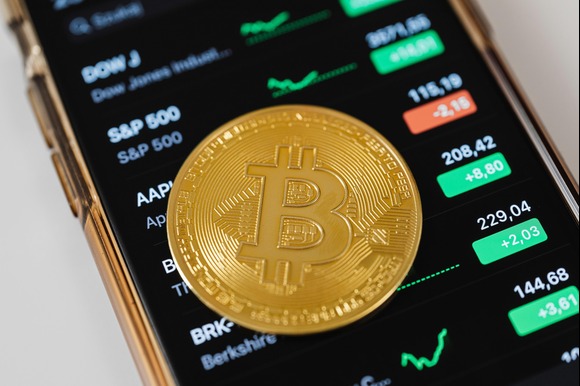U.S. President Donald Trump is spearheading efforts to make it easier for American workers to invest their retirement savings in alternative assets such as cryptocurrencies, private equity, real estate, gold, and other non-traditional investment vehicles.
On Thursday, Trump directed federal regulators to explore changes to existing rules that may discourage employers from offering these types of investment options in workplace retirement plans, specifically 401(k) accounts. The directive aims to broaden investment access for average Americans and channel untapped retirement funds into markets historically dominated by wealthy individuals and institutional investors.
The administration argues that this initiative will help workers diversify their portfolios and unlock higher returns by allowing them to invest in previously restricted or inaccessible assets. At the same time, the move could open significant new funding sources for firms in the crypto, private equity, and alternative asset sectors.
However, the proposal has drawn criticism from financial experts and consumer advocates, who warn it could expose ordinary savers to greater financial risk. In the U.S., most workers do not receive traditional pensions with guaranteed post-retirement payments. Instead, they rely on contributing a portion of their income into self-directed retirement accounts, which are often supplemented by employer contributions.
Government regulations currently require plan providers and employers to evaluate the risks, costs, and liquidity of investment options when constructing 401(k) menus. This fiduciary responsibility has historically made employers reluctant to include high-fee, less-regulated investments like private equity, which are often less transparent and harder to sell quickly compared to publicly traded stocks and bonds.
Trump’s executive order gives the Department of Labor (DOL) 180 days to review and potentially revise these rules. While any changes will likely take time to implement, the initiative signals a major policy shift.
Investment industry leaders are already taking steps to prepare for such changes. Major retirement account providers such as Vanguard and State Street have formed partnerships with prominent alternative asset managers, including Apollo Global Management and Blackstone, to create private-equity-focused retirement fund options in anticipation of a broader shift in policy.
Trump’s push for the inclusion of digital assets and other alternatives in retirement accounts also aligns with his personal business interests, which include firms engaged in cryptocurrency and investment services.
In a notable step toward this direction, the Department of Labor in May rescinded a 2022 guidance issued during the Biden administration that had urged employers to exercise “extreme care” when considering crypto investments for retirement plans. That guidance had been seen as a barrier to the adoption of digital assets in 401(k) offerings.
During his first term, Trump’s administration had already issued guidance encouraging 401(k) plans to consider private equity investments. However, the adoption remained limited due to fears of legal liability, and the policy was subsequently reversed by President Joe Biden when he took office.
Now, with Trump once again actively seeking to reshape retirement investment policy, advocates for deregulation in the financial industry are optimistic that his latest directive could finally pave the way for broader acceptance of alternative assets in 401(k) plans—despite the ongoing debate over how best to protect retirement savers.






